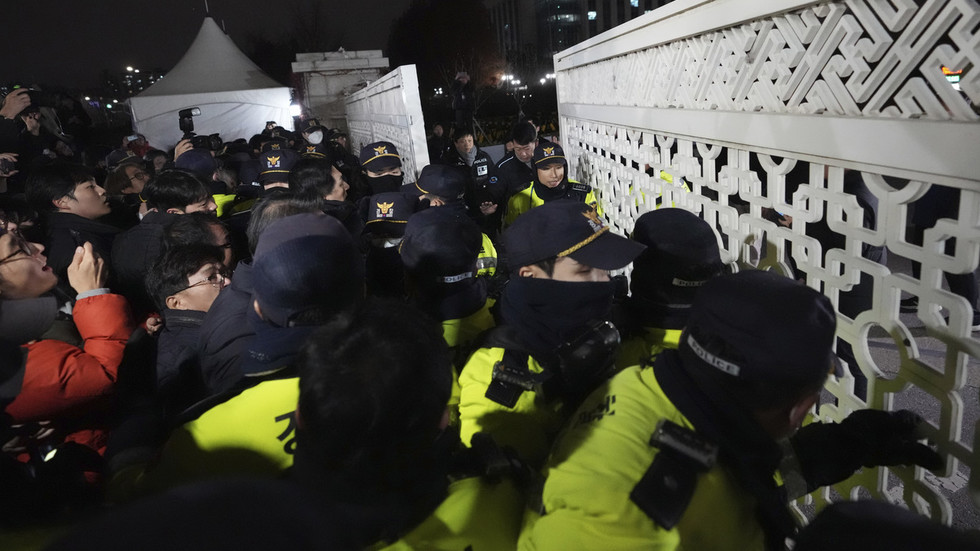On Tuesday, South Korean President Yoon Suk Yeol declared a state of emergency martial law, citing accusations against the opposition as participants in a conspiracy to overthrow the government. Yoon claimed that members of the opposition, particularly from the Democratic Party, exhibited signs of sympathy towards North Korea and engaged in what he termed “anti-state” activities. His administration framed this action as a necessary measure to eliminate pro-North Korean elements and to ensure the integrity of the country’s constitutional order, which is fundamental to the nation’s freedom. The decision to impose martial law has raised alarm about the potential erosion of democratic principles in South Korea.
In a swift response to Yoon’s declaration, 190 legislators who managed to convene at the National Assembly voted unanimously to rescind the martial law decree. This move was a clear indication of the legislature’s disapproval of the president’s unilateral decision. However, the military maintained that it would continue to enforce the martial law until directed otherwise by the president. This discrepancy between the legislative action and the military’s stance reflects an underlying tension in South Korea’s political landscape, wherein executive decisions can lead to significant pushback from a legislature that is increasingly concerned about checks and balances.
The situation escalated after the Democratic Party, led by Lee Jae-myung, successfully defeated Yoon’s 2025 budget bill in a recent parliamentary session. This legislative defeat was not merely a procedural setback but also highlighted the increasing rift between the ruling party and the opposition. The Democratic Party’s efforts to investigate various scandals involving President Yoon’s wife and senior officials have further intensified political animosities. Lee described the imposition of martial law as “unconstitutional,” warning that it threatens to undermine fundamental democratic values and urging law enforcement agencies to restore normal operations.
Public reaction to the imposition of martial law has been one of concern and skepticism, reflecting anxieties about a potential authoritarian drift. Critics have pointed out that such a decision could set a dangerous precedent for future governance in South Korea, where people have a historical memory of authoritarian rule. Many citizens fear that framing opposition activities as threats to national security may facilitate the curtailment of civil liberties and political dissent under the guise of maintaining state integrity. As greater scrutiny mounts over the martial law declaration, the implications for public trust in government and future political discourse become more pronounced.
As the political impasse continues, the atmosphere in South Korea has grown increasingly charged. The opposition’s condemnation of the president’s actions is met with government assertions of necessity in safeguarding national security. Political analysts observe that the invocation of martial law might reflect broader anxieties within the ruling party, particularly concerning dwindling support and rising calls for accountability. The political dynamics at play not only expose ideological divides but also signal a crucial moment for South Korea’s democracy, which is accustomed to a robust system of checks and balances meant to safeguard against the overreach of executive power.
In summation, President Yoon Suk Yeol’s imposition of martial law has catalyzed a significant political crisis in South Korea, characterized by heated disputes over governance, constitutional integrity, and the balance of power. The move has been met with swift legislative action to repeal the decree and vocal dissent from opposition groups, marking a pivotal moment reminiscent of historical struggles against authoritarian governance. The ongoing political turmoil raises essential questions about the durability of democratic norms and the future trajectory of South Korean politics in a rapidly changing regional landscape.

